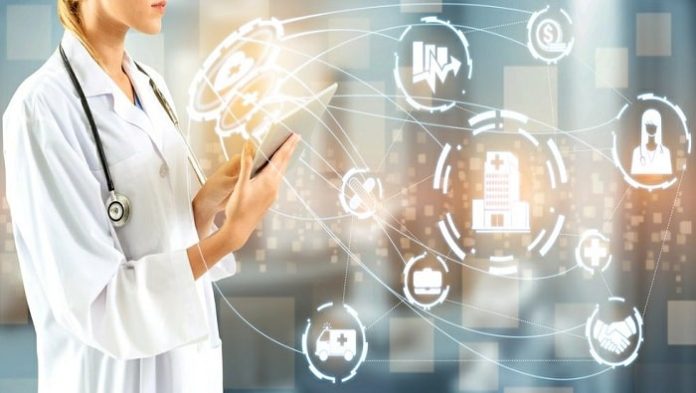If you were born in the 1800s, you weren’t expected to live a long life. In fact, you were considered lucky if you made it to the age of 30. Today, we’re fortunate enough to have access to a whole host of medical interventions that allow us to fight off disease and heal devastating injuries that previously would have certainly resulted in death.
While scientific breakthroughs have a lot to do with the success of many medical inventions, the evolution of technology has played a significant part in the modernization of healthcare. From antibiotics and vaccines to digital diagnostics and robotic surgery, modern medicine has given billions of people a second chance at life.
Here, we explore how technology is advancing the healthcare sector.
Innovations that have saved lives
There have been a number of breakthroughs in health and science that have helped save countless lives. According to Aperion Care, Vaccines and blood transfusions were calculated to have saved approximately one billion lives, making them the most valuable healthcare innovations to society so far.
Bifurcated needles, which were designed to eliminate Smallpox, robotic surgery, antibiotics, and anesthesia were found to have saved millions of lives too, along with a wide variety of other medical interventions, drugs and technologies.
Other medical breakthroughs that made the list include insulin, mammograms, cervical cancer screening, kidney dialysis, antimalarial drugs, and organ transplants, to name a few.
How the electronic sector is helping the healthcare system
Digital technology has been gradually integrated into healthcare in the U.S over the last few years and is now an integral part of both hospital administration and medical care. Many hospitals now have access to diagnostic technology which can help provide faster and often more accurate diagnoses.
Robotics were first approved for use in the medical field in the year 2000 and have since saved millions of lives. Today, they are transforming traditional surgery practices, helping with everything from disinfecting surgical tools to operating virtually on a wounded soldier in a remote location.
The introduction of Internet of Things (IoT) technology has also been instrumental in the development of reliable digital technology, particularly in regard to the prevention of errors in medical records.
The future of healthcare technology
Technology is continuing to evolve at a rapid pace which means there’s hope more life-changing innovations could be on the horizon. Along with AI technology such as digital diagnostic systems, it’s believed predictive analysis will also be introduced soon.
This would allow healthcare professionals to determine how a patient might react to certain medication or treatment and which patients are likely to be readmitted to hospital and why. This technology is also thought to be capable of detecting infections such as Covid, in the early stages of the virus through monitoring a patient’s vitals remotely.























